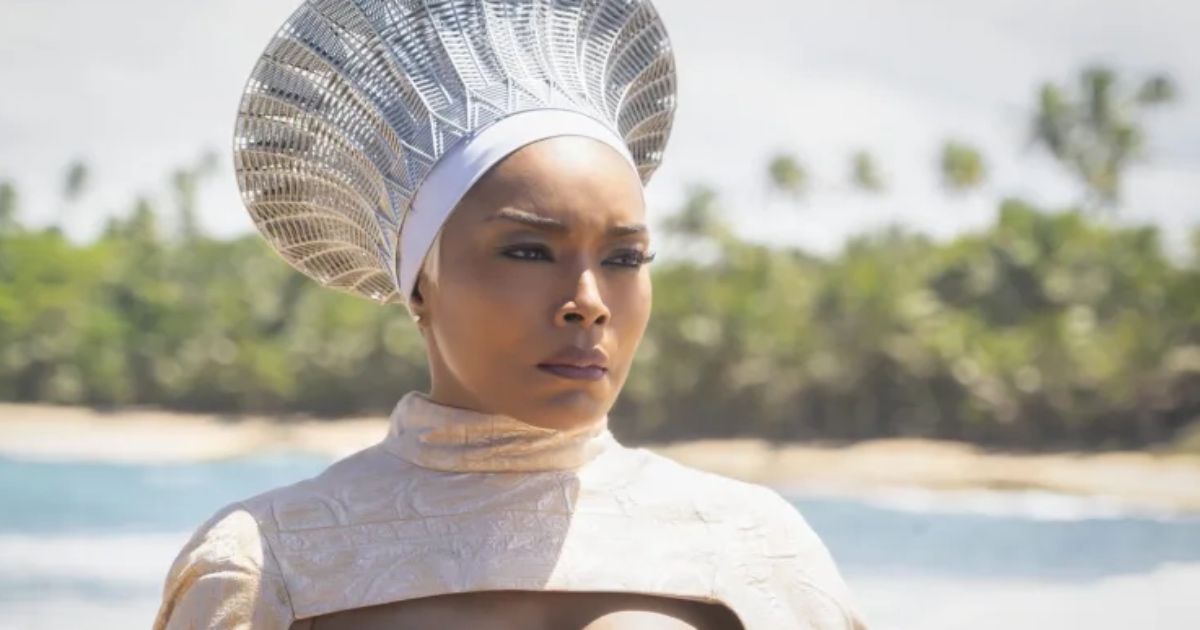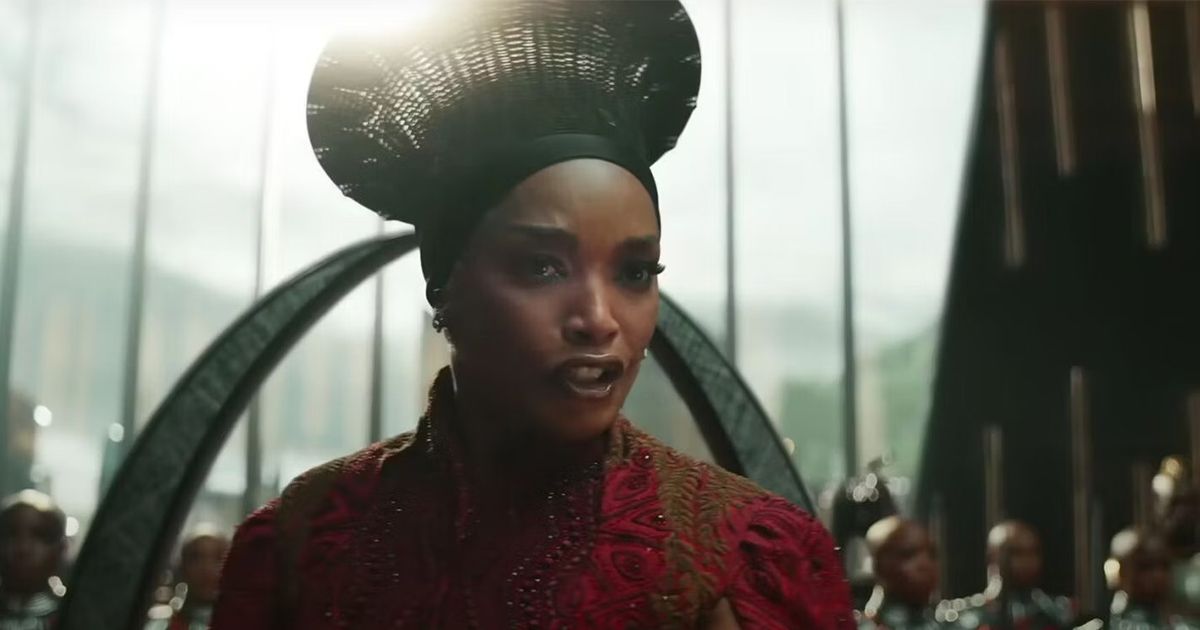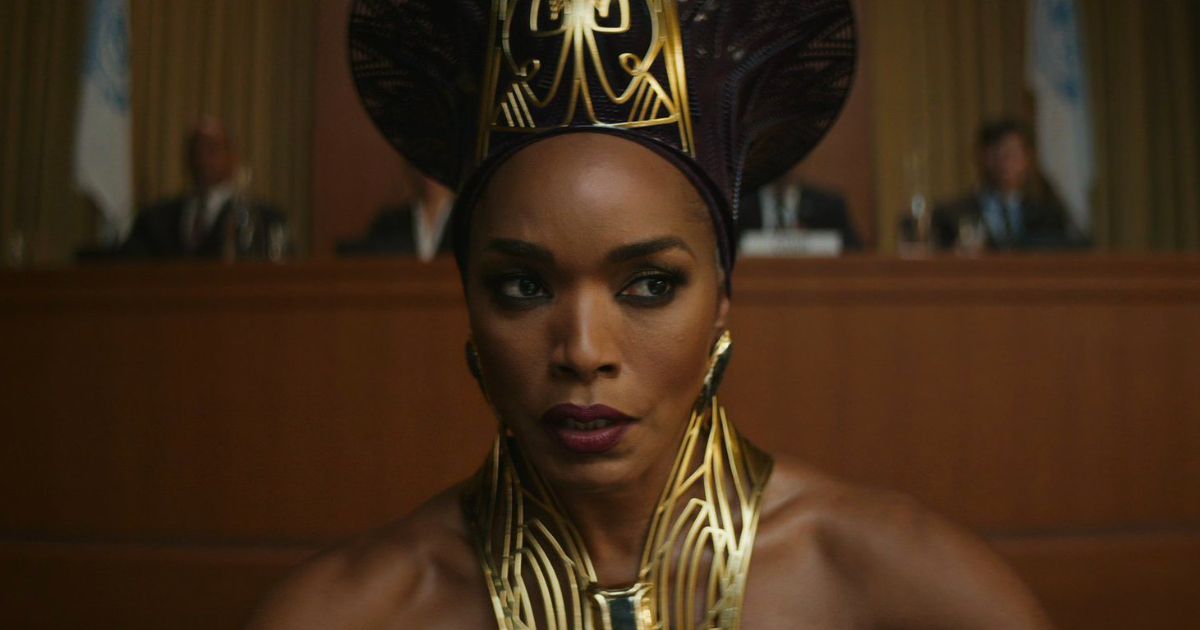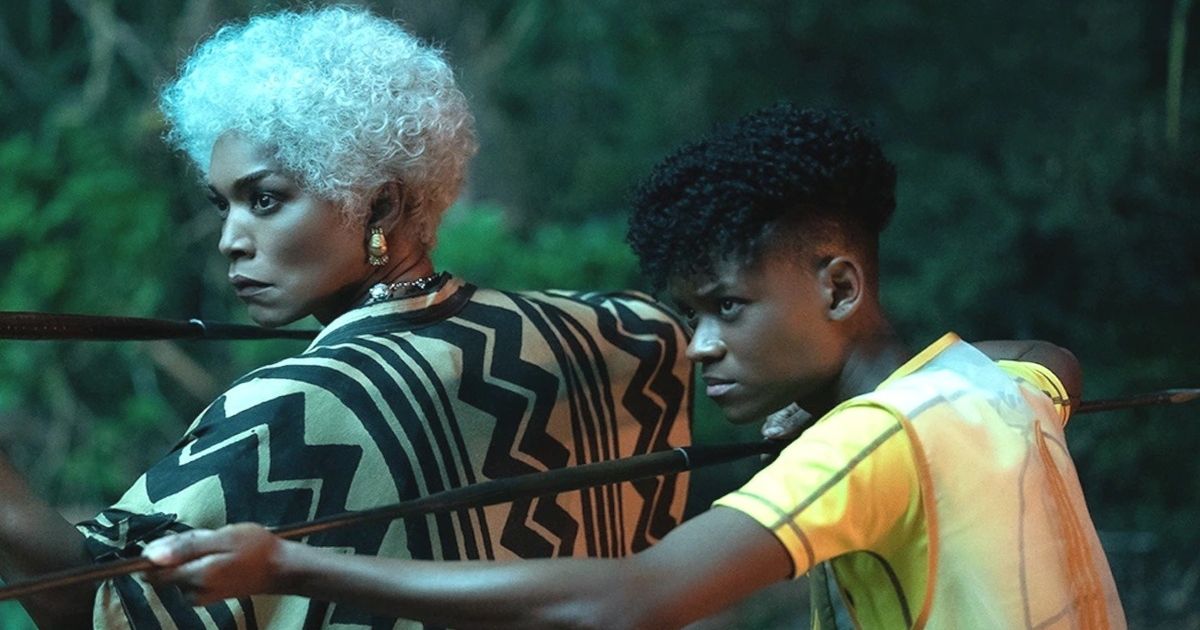The Oscars have come and gone, and for many people, there were very little surprises. Brendan Fraser took home an expected Best Actor Oscar for his performance in The Whale, and Everything, Everywhere, All at Once racked up some of the biggest awards of the night, including Best Picture and Best Actress (for Michelle Yeoh). However, in an evening in which very few surprises were seen, was nestled perhaps the greatest Oscar snub in history.
After earning a Golden Globe for her performance as Queen Romanda in Black Panther: Wakanda Forever, a great many people felt that the Oscar for Best Supporting Actress was pre-destined to be brought home by the incredibly talented (and overdue) Angela Bassett, who was previously famously snubbed in 1993's Tina Turner biography, What's Love Got to Do With It. At the end of the night, though, the woman holding the award was none other than Jamie Lee Curtis, for her very minute role in Everything, Everywhere, All At Once.
The Academy's Genre Bias
Moments after the award was given to Curtis, Twitter exploded with disappointment, feeling that Marvel would have brought home its first performance win at the Academy Awards. Although Black Panther: Wakanda Forever did bring home an Oscar, it wasn't the one that Kevin Feige, Marvel, Disney, and Bassett herself were hoping for. Feige has gone on the record about genre bias, and how the Academy may not be ready to hand an award to a superhero film (per Gizmodo):
“I think we are always at a deficit because of the Marvel logo and because of a genre bias that certainly exists. I just loved that for a shining moment there with Black Panther that was put aside and the work was recognized for the achievement that it was... There are a lot of comic fans that didn’t know who Shang-Chi was. And yet the work that Destin did and Dave did and Sue did and Joel did, created something new that connected with audiences. We recognized it, the audience recognized it, and I sure would love the hard work of all of these people who are telling their story to get recognized.”
Robert Downey Jr. may have been the first to realize this when he declined an Oscar campaign for his final MCU performance in Avengers: Endgame. Downey gave an amazing performance in that film, but ultimately was not a snub since he himself declined the campaign. The snub certainly is not the first to happen to a deserving person or movie. The Dark Knight and Spider-Man: No Way Home were both snubbed in the eyes of many.
However, with Bassett and her performance, it just felt different. Her performance as Wakanda's fictional Queen was empowering. She didn't back down from villain Namor, and in the end, it cost her life in the film, but before that, the passion she rallied within her role was second to none. Her explaining what she had lost to Okoye hit different with the audience. Shivers raced down the spines of many who witnessed this piece of acting perfection.
Her speeches to the U.N. and to Namor himself just added additional substance to her superb and flawless performance in Wakanda's throne room. Bassett made the audience feel Ramonda's pain with her words, and not only that, but the audience also felt her emotions through her vigorous performance — and at the core of it, that is what any actor is supposed to do: make you feel. By comparison, Curtis, a brilliant actress in her own right, barely appeared in Everything Everywhere All at Once, and had a very minimal impact when she was on-screen (especially compared to her co-nominee Stephanie Hsu).
Other Snubs in Oscar History
While the Oscars have had their fair share of controversy, with odd winners and losers throughout its history, few have compared to the travesty that occurred at the 95th Academy Awards ceremony. Judy Garland was snubbed for her role in The Wizard of Oz in 1939. Dennis Hopper, in his role as Frank Booth in 1986's Blue Velvet, also comes to mind. Perhaps one of the biggest snubs prior to Sunday was the famous long ovation given to Audrey Hepburn for her amazing role in My Fair Lady. The audience, however, recognized Hepburn with an incredible ovation tailored for her as Julie Andrews accepted the award instead for Mary Poppins.
So, why was Oscars 2023 different? Perhaps this resonated more with the audience because, other than a surprise SAG Award win, Curtis had not had much recognition for her role as Deirdre in Everything Everywhere All at Once. Comparatively, Bassett had won the Golden Globe for Best Supporting Actress for her role as Queen Romonda in addition to a Hollywood Critics Award and an Image award.
Bassett had been on a literal tear throughout the awards ceremonies leading up to the Oscars, and seemed to have all the momentum. Jonathon Majors even went as far as to say, with her Oscar nod, it was a chance for the Academy to evolve. When you add in her snub from 1993 into all the awards and praise that she had going for her leading up to this year's awards, it's easy to see why this can be considered for one of the biggest — if not the biggest — snubs in Academy Award history.




